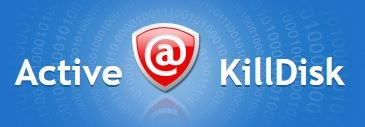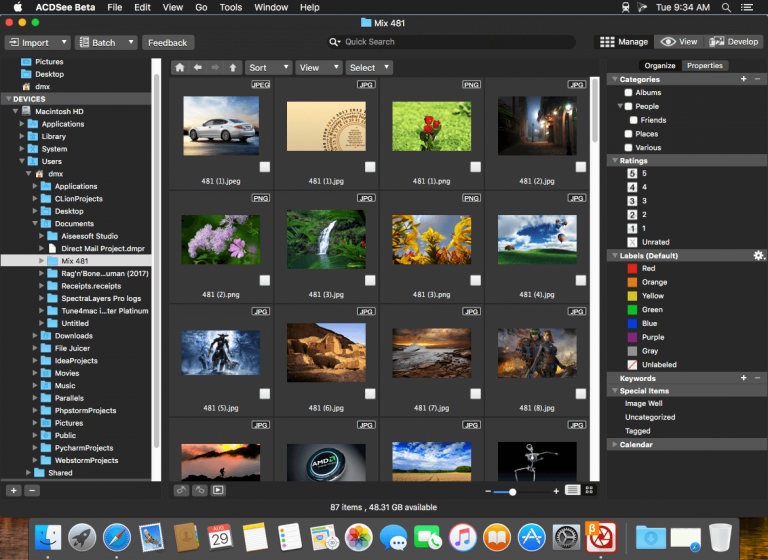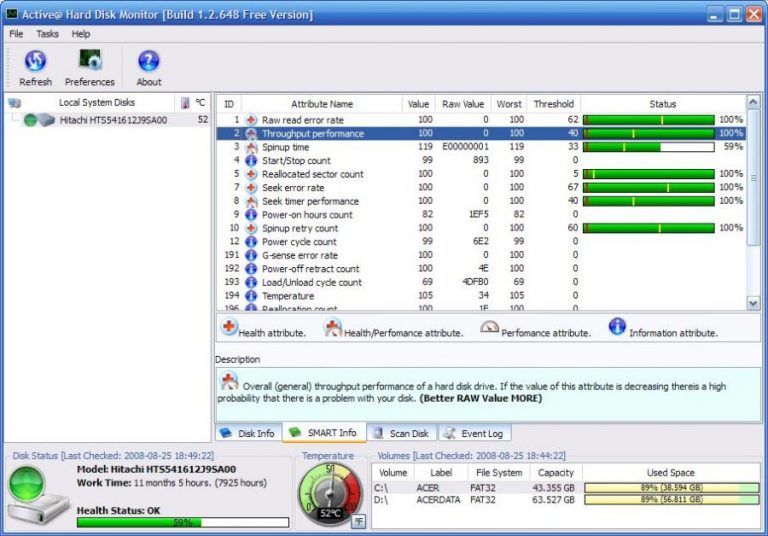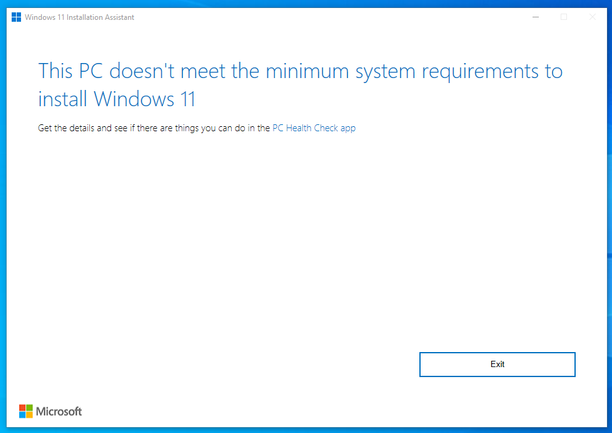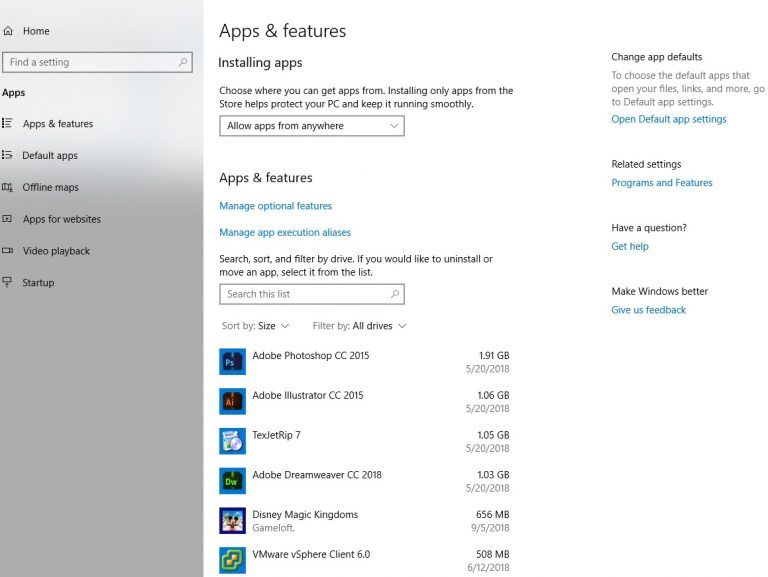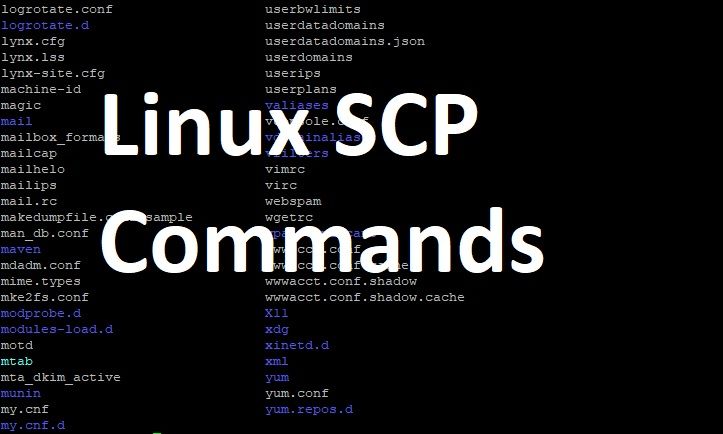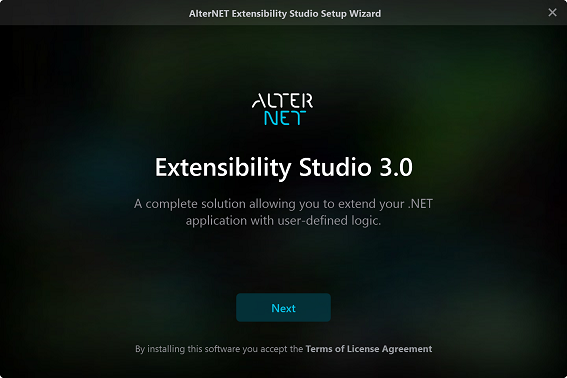
In line with vision to constantly improve our tools for extending .NET applications and deliver these improvements to our customers via continuous stream of updates, we have just released Extensbility Studio 3.0. I’d like to outline the major changes in this release.
Installation improvements:
Starting with 3.0 all major releases of Extensibility Studio support side-by-side installations, allowing two versions such as 3.0 and 2.0 to co-exist on the same computer. This means that you can have two (or more) sets of core libraries and tools, demo projects, Visual Studio extensions and control tabs in Visual Studio Toolbox.
For this feature to work, we have to use versioned assembly names such as Alternet.Common.v3.dll as opposed to “generic” names such as Alternet.Common.dll. Otherwise Visual Studio will not be able to resolve project references to these assembly names correctly and to display their content on the Visual Studio Toolbox at design-time.
Please note that side-by-side installation will not be supported for minor updates and service packs, which will have the same versioned assembly names. Instead Upgrade installation mode will be supported for minor releases.
To facilitate migrating your projects from one version to another we have added a Project Converter tool that updates references in project files as well as information in .licx and .xaml files so these projects can be compiled with the new version of Extensibility Studio.
Extensibility Studio installation user interface has been updated to reflect on AlterNET Software branding and to work better on high-resolution screens. It also allows to specify folders where core assemblies and demo projects are installed and to activate your license at the end of the installation.
Furthermore, Extensibility Studio installation now supports Modify and Repair modes and Upgrade mode for minor releases.
Code Editor improvements:
We have reworked the syntax highlighting and code completion engine for Roslyn-based C# and Visual Basic parsers: instead of our own implementation these features now rely on Microsoft Roslyn internal classification and code completion services, so they work the same way as in Visual Studio Code Editor. Some of these services are implemented in additional libraries: Microsoft.CodeAnalisys.Features.dll, Microsoft.CodeAnalisys.Features.CSharp.dll and Microsoft.CodeAnalisys.Features.VisualBasic.dll These assemblies will need to be added to your project for Code Completion feature to work correctly.
To make it easier we have published Alternet.ExtensibilityStudio.RoslynDependencies NuGet package on nuget.org: https://www.nuget.org/packages/Alternet.ExtensibilityStudio.RoslynDependencies
This package includes all assemblies required for Roslyn-based parsers to work. You can install this package to your project using Package Manager Console command: Install-Package Alternet.ExtensibilityStudio.RoslynDependencies or through Tools – NuGet Package Manager – Manage NuGet Packages for Solution.
We have also optimized Microsoft Roslyn-based parsing by passing incremental changes as user types in the editor to the parser, allowing underlying code analysis engine to work more efficiently.
Script Debugger improvements:
We have reworked our expression evaluation engine, which now displays results in more readable form: it separates private and static fields from the public ones. It also displays elements of IList/IEnumeration and allows to cancel expression evaluation if it takes too long time to complete.
Please refer to the complete list of changes here:
https://www.alternetsoft.com/version-history/3-0
Read more about Extensibility Studio here:
https://www.alternetsoft.com/products/studio
AlterNET Software
